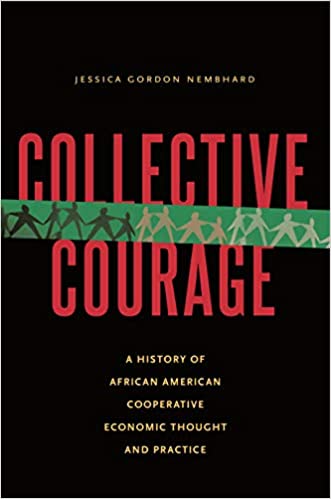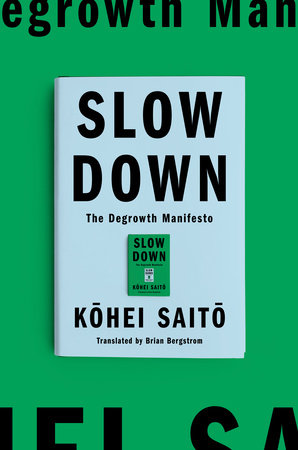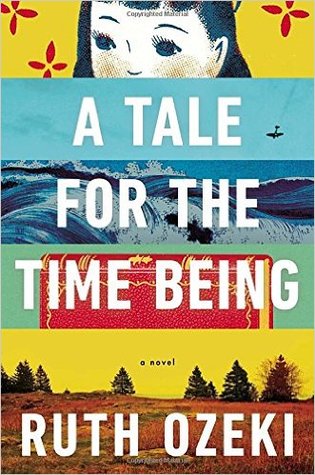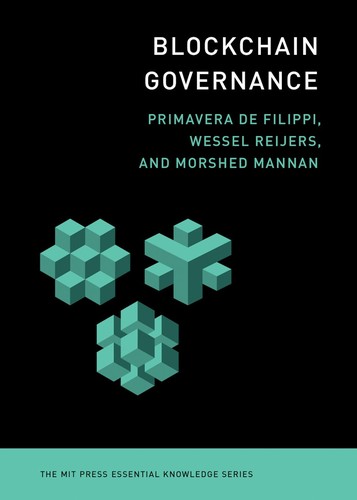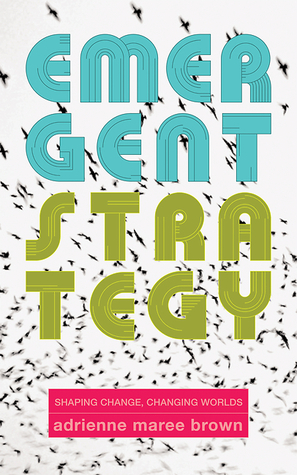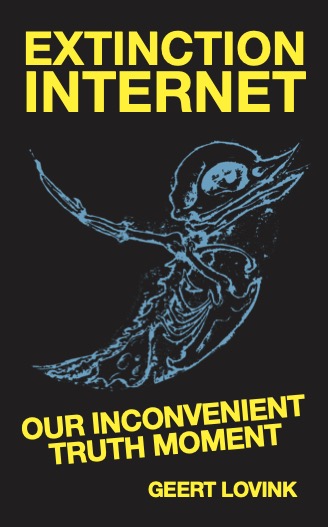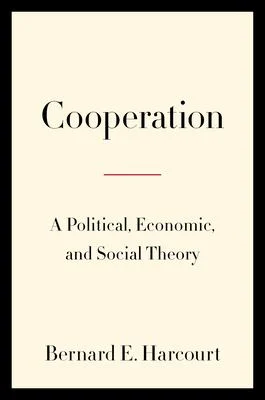nigini commented on Best American Essays 2023 by Robert Atwan
"I wanted to be a writer. And I put the question to myself: Did I have any idea? (...) Were my ideas serious and important enough to justify my desire to write? (...) I knew that if I spent every moment of the rest of my life trying, I would never come up with a great idea, and that if I thought too much about whether my ideas were real, whether they were deep or a regional or serious enough, I'll never be able to write at all." -- Sigrid Nunez


